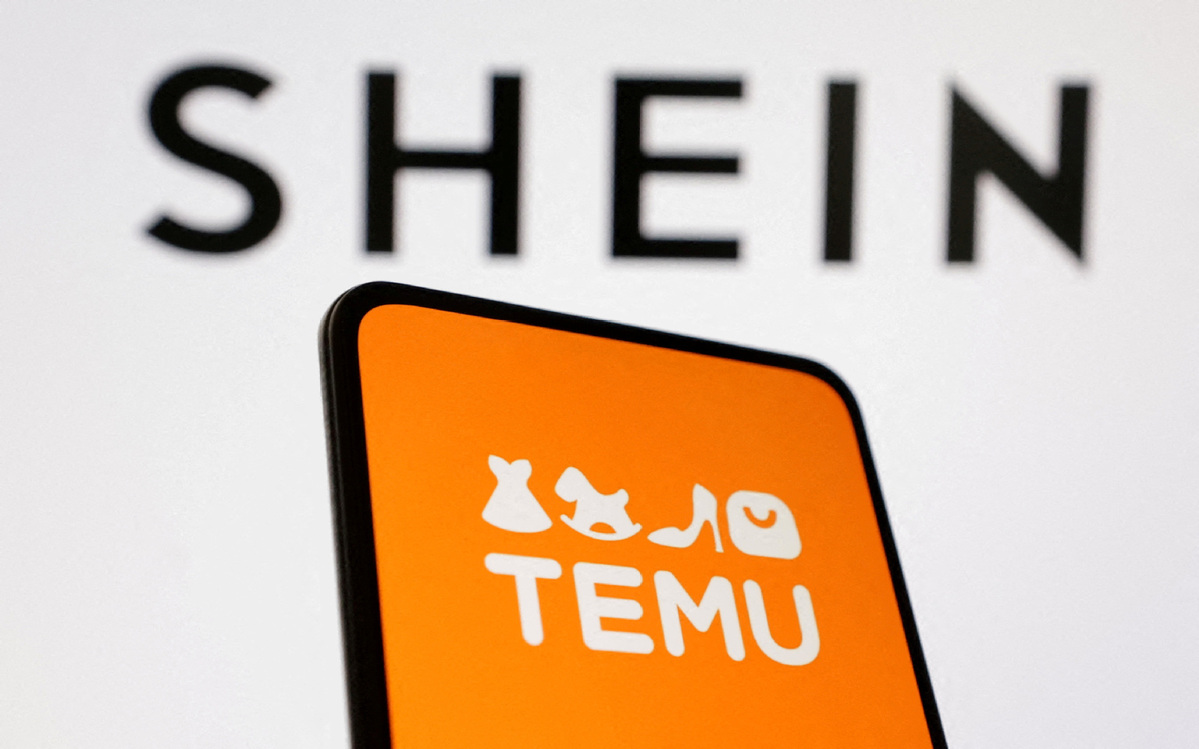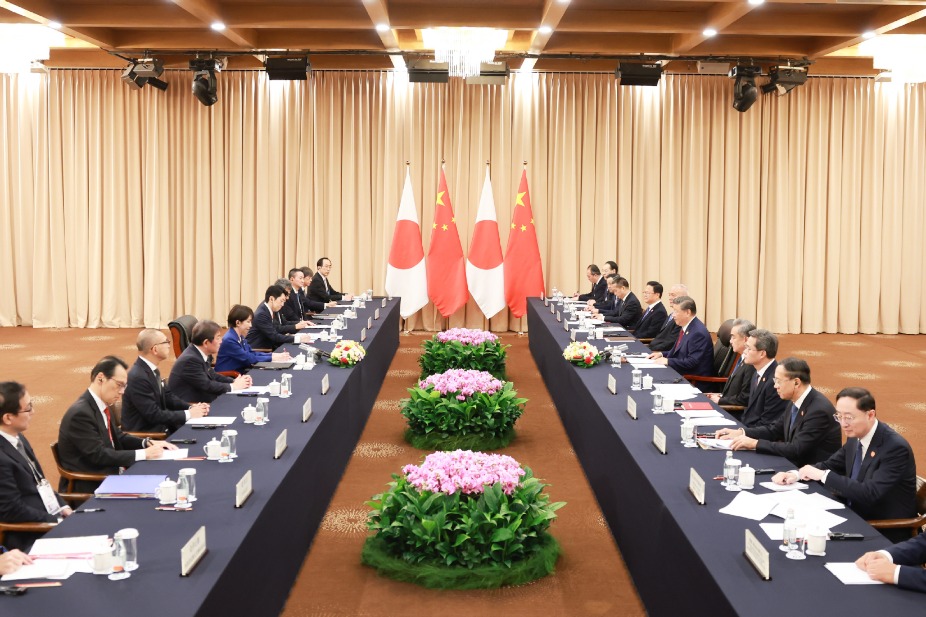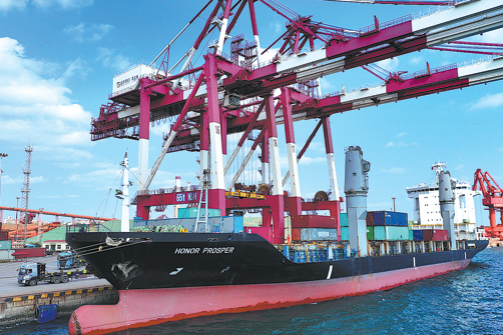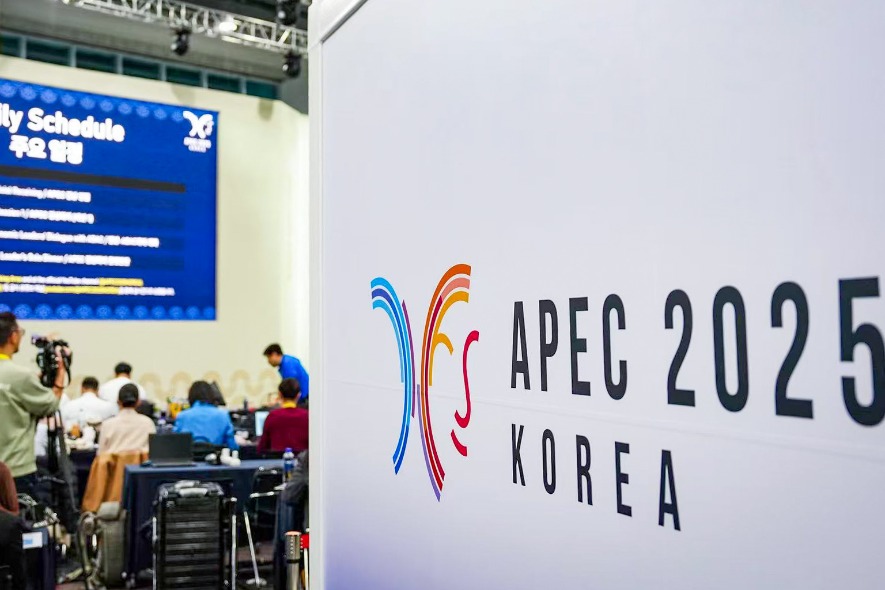Rule change casts shadow on e-tailers


Fast fashion e-tailers Temu and Shein's rapid rise in popularity in the US will face challenges if President Donald Trump fulfills his promise to end an exemption that allows low-cost parcels from China to enter into the US duty free.
The "de minimis exemption" allows e-tailers like Temu and Shein to send parcels valued under $800 from China to the US and avoid customs inspections under US tax law.
"If the de minimis exemption is ended permanently, both Temu and Shein would be well advised to change their business model," Z.John Zhang, a professor of marketing at the Wharton School of the University of Pennsylvania, told China Daily. "Anything short of that will not help the companies much and waste their resources."
Together, Shein and Temu account for 17 percent of the discount market in the US.
When Trump signed an executive order to impose additional tariffs on Chinese imports of 10 percent beginning Feb 4, part of that order included instructions to end the de minimis exemption.
But by Friday, he reversed that decision with another executive order which allowed the parcels to come in tariff free.
Trump said while the exemption has been paused for now, it is still scheduled to be stopped altogether when his secretary of commerce notifies him that a procedure is in place to "fully and expediently process and collect tariff revenue".
Yet, pausing it initially caused such widespread confusion that it led the US Postal Service to say it would stop accepting parcels from the Chinese mainland and Hong Kong temporarily on Tuesday. But 12 hours later, service resumed.
In fiscal year 2024, at least 1.36 billion shipments utilized de minimis, an increase of 637 million in 2020, data from US Customs and Border Protection show.
In 2018, Chinese exports under de minimis was $5.3 billion but rose rapidly to $66 billion in 2023, the Congressional Research Service found. Much of the parcels are shipped directly from China to the customer.
In the future, changing the de minimis rule would alter how the firms operate, warn experts who say they have upended the popularity of Western companies.
George S. Yip, emeritus professor at the Imperial College London, and distinguished visiting professor at the Northeastern University in Boston, attributed the success of Chinese fast fashion brands to their quick management style, use of apps to communicate with staff and suppliers, ability to spot trends, and fast delivery.
In contrast, Zara and H&M typically have a longer process of identifying trends and buying fashion.
"Western companies have to learn to decide faster. Secondly, design faster … Thirdly, of course, manufacture faster, this is something that Western companies can do, they can do more than manufacture," he told China Daily.
Other traditional US retailers who have to pay duties for bulk shipments to their warehouses say the rule is unfair to them.
Walmart and Amazon vowed to ship directly to consumers from China in a bid to fight off the newcomers. Amazon started 'Haul' last year aimed at beating Temu.

































